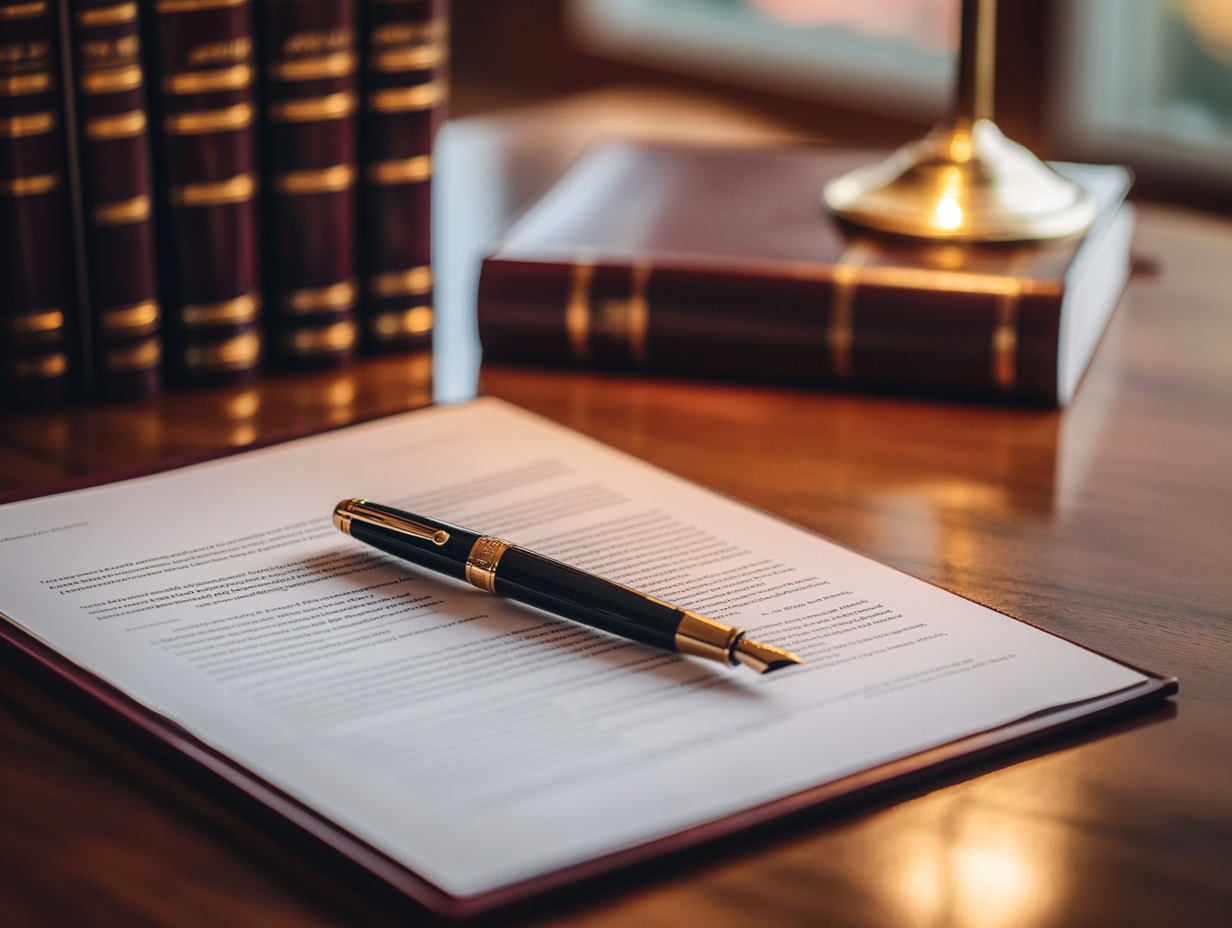
Articles

Latest Changes in EU Trademark Legislation in 2025
In 2025, the European Union’s trademark legislation underwent significant changes aimed at simplifying the registration process, enhancing digitalization, and strengthening measures for the protection of trademark owners’ rights.
Key Updates 2025
- Mandatory digital identification and electronic signatures. Starting in 2025, all EU member states require applicants to use digital identification and electronic signatures throughout the registration process. This significantly speeds up online applications and reduces the risk of document fraud.
- Enhanced verification and monitoring. Registration still includes a preliminary uniqueness search using EUIPO tools, but the new stricter standards for distinctiveness examination improve the quality of registered trademarks and reduce disputes.
- Renewal and opposition period. Application publication and opposition deadlines are strictly regulated, with the opposition period set at three months. Trademarks can still be renewed for 10-year periods upon payment of fees, but stricter requirements apply for proof of use.
- Possibility of application conversion. In case of refusal at the EU level, applicants may convert their application into a national filing in individual member states without losing the priority filing date.
- Unified registration and legal protection system. Registration through EUIPO grants protection in all EU member states, simplifying court enforcement and cross-border licensing.
Impact on Businesses
These updates aim to increase transparency, strengthen intellectual property protection, and provide comprehensive legal safeguards for entrepreneurs operating in the European market under digitalization and e-commerce conditions.

Leave a request
